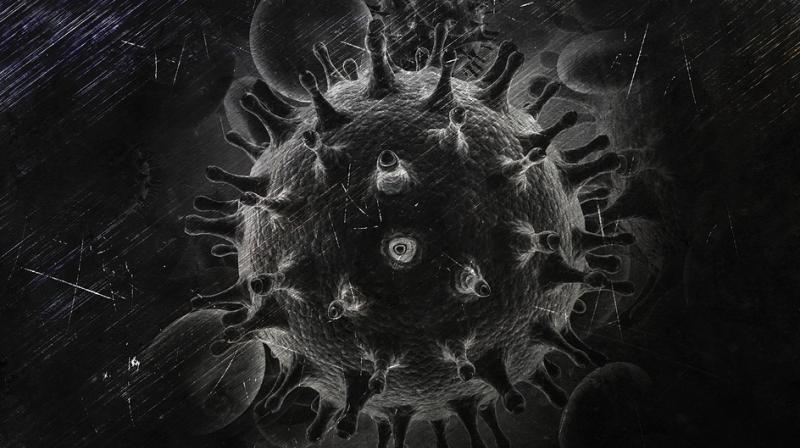HIV pre-exposure pills may be taken when needed, says new study

Men at risk for HIV infection can safely take pre-exposure prophylaxis (PrEP) when they need it, instead of every day, suggests a new study.
In a study of gay and bisexual men, researchers found that taking four doses of PrEP around the time of sexual activity cut the risk of being diagnosed with HIV by 97 percent.
The pill, marketed by Gilead as Truvada, contains a combination of the two anti-HIV drugs emtricitabine and tenofovir disoproxil fumarate. Truvada was approved by the U.S. Food and Drug Administration for PrEP in 2012. Typically, the pill is taken daily.
The participants and the dosing schedule used in the new study were drawn from the IPERGAY clinical trial, which was discontinued early in 2014 after the drug was found to be highly effective at protecting against HIV.
"There are consistent data suggesting that on-demand PrEP before and after sex strictly following the IPERGAY dosing schedule . . . is also highly effective and could be an alternative to daily PrEP," said Dr. Jean-Michel Molina, lead author of the new study and principal investigator of the trial.
The 361 men in the new study were enrolled from France and Canada after the completion of the IPERGAY trial. They were told to take two doses of Truvada between two and 24 hours before sex, another dose 24 hours later and a fourth dose 24 hours after that.
One participant who stopped taking PrEP during the roughly 18 months of follow-up was diagnosed with HIV, researchers reported July 23 in The Lancet HIV to coincide with presentation at the 2017 International AIDS Society Conference in Paris.
The overall rate of HIV among those in the study was 0.19 cases per 100 people per year. That compared to 6.60 cases per 100 people per year among men who were assigned to take a dummy pill during the larger trial.
The researchers found that about 14 percent of study participants reported minor stomach issues that eventually cleared up. Only four men stopped using the medication.
There was an increase in condomless sex. While high, the rate of sexually transmitted infections did not increase over the study period, said Molina, of Hopital Saint-Louis in Paris.
"European guidelines already allow on-demand PrEP for gay men . . . and with the new data presented at the conference, gay men have now an alternative if they do not want to use a daily regimen," he told Reuters Health in an email. "They can switch from one to the other and vice versa."
Those European guidelines don't allow for PrEP to be on-demand for women yet, partly due to a lack of data, he said.
There is still some uncertainty about the on-demand approach, however, according to Dr. Darrell Hoi-San Tan, of St. Michael's Hospital in Toronto.
The dosing regimen is complicated, for example, he told Reuters Health in a text message. Also, data about the effectiveness of on-demand PrEP among men who have sex only a few times per month hasn't been published yet.
A preview of that data at the Paris conference suggests the on-demand schedule is also effective among less sexually active men.
"All that being said, I think the main advantage of the on-demand regimen is that it offers greater choice," said Tan, who wrote an editorial accompanying the new results.

